

The standard foundation year program is the most popular among our students. It offers you the widest range of subject choices (choose from 13), helping you to enter all 10 Monash faculties. After successfully completing the standard program, you’ll have guaranteed entry into first year at Monash University.
Foundation Year is taught over two semesters. Each semester you’ll complete a minimum of four units, including English which is compulsory. You’ll also have the option to complete a bonus unit each semester which could help you increase your final score.
Monash University Foundation Year (MUFY) is a pre-university program that prepares students for entry into first year at Monash University. The Foundation Year is a comprehensive program that allows students to tailor their studies to suit their university degree. After completing the Foundation Year, achieving the required marks and degree prerequisites, you will have a guaranteed place in the first year of your chosen undergraduate course at Monash University.
To complete the Foundation Year, you must pass a minimum of eight units. Each subject is taught as two units, for example: Unit 1 English; Unit 2 English.
Each format has a different combination of units. The unit combination may look like:
If you choose to study up to two additional units as part of your Standard program, you may be eligible for bonus points.
Accounting is the process of collecting and recording financial data, in order to report meaningful financial information. It plays an important role in the successful operation and management of any business. To be successful, accountants need to be problemsolvers, critical thinkers, communicators and organised individuals.
Biology is the study of living things. You’ll gain an understanding of the natural world and the role humans play within it. This course explores the structure and function of cells and organisms, how they respond to their environments, and how living things evolve.
Chemistry involves understanding the structure and properties of matter. You’ll develop your knowledge of fundamental concepts such as atomic structure, bonding, states of matter, equilibrium and thermochemistry. Building on this knowledge, you’ll then investigate the development of new medicines, energy sources and materials for a sustainable future.
Economics is the study of making choices about resources. We have limited resources, and they need to be allocated to satisfy people’s needs and wants. Economics is critical to understanding why individuals, businesses and societies behave the way they do. How and why economic decisions are made influence national and worldwide living standards. You’ll develop an understanding of both microeconomics and macroeconomics.
English develops your language, research, organisational and study skills to prepare you for tertiary education in Australia. You will learn how to speak confidently, listen, understand and analyse ideas, and become a strong reader and writer of academic English.
Fundamental Mathematics develops the mathematical skills relevant for future study and careers across a variety of sectors. There’s a focus on understanding the world through patterns and relationships, development of financial skills, and data analysis.
Global Studies helps you understand the economic, political and cultural links that connect people and countries around the world. You’ll explore events, issues and influences that have increased interactions between countries. You’ll also learn how different countries react towards globalisation, and the forces that influence it.
In Information and Communication Technology, you’ll convert data into information using a range of software applications. Projects include game creation, filmmaking and multimedia presentations.
In this subject, you’ll develop the critical, logical and communication skills to solve realworld problems using higherorder mathematical concepts. Topics covered include functions, inverse functions and graphs, derivatives, integration, probability, and statistics.
This subject is the answer to ‘why’. You’ll gain lifelong transferable mathematical skills by applying higherorder thinking and exploring sophisticated ideas for realworld scenarios. You’ll learn to explore, explain and link essential mathematical concepts by applying elegant mathematical techniques. Topics include trigonometry, complex numbers, matrices, vectors, conics, differentiation and integration techniques, differential equations, kinematics and vector calculus. To study Advanced Mathematics, you must also study Mathematics or have already passed Mathematics.
RECOMMENDED FOR APPLIED DATA SCIENCE, ENGINEERING
Note: You can’t study both Fundamental Mathematics and Mathematics, or Fundamental Mathematics and Advanced Mathematics.
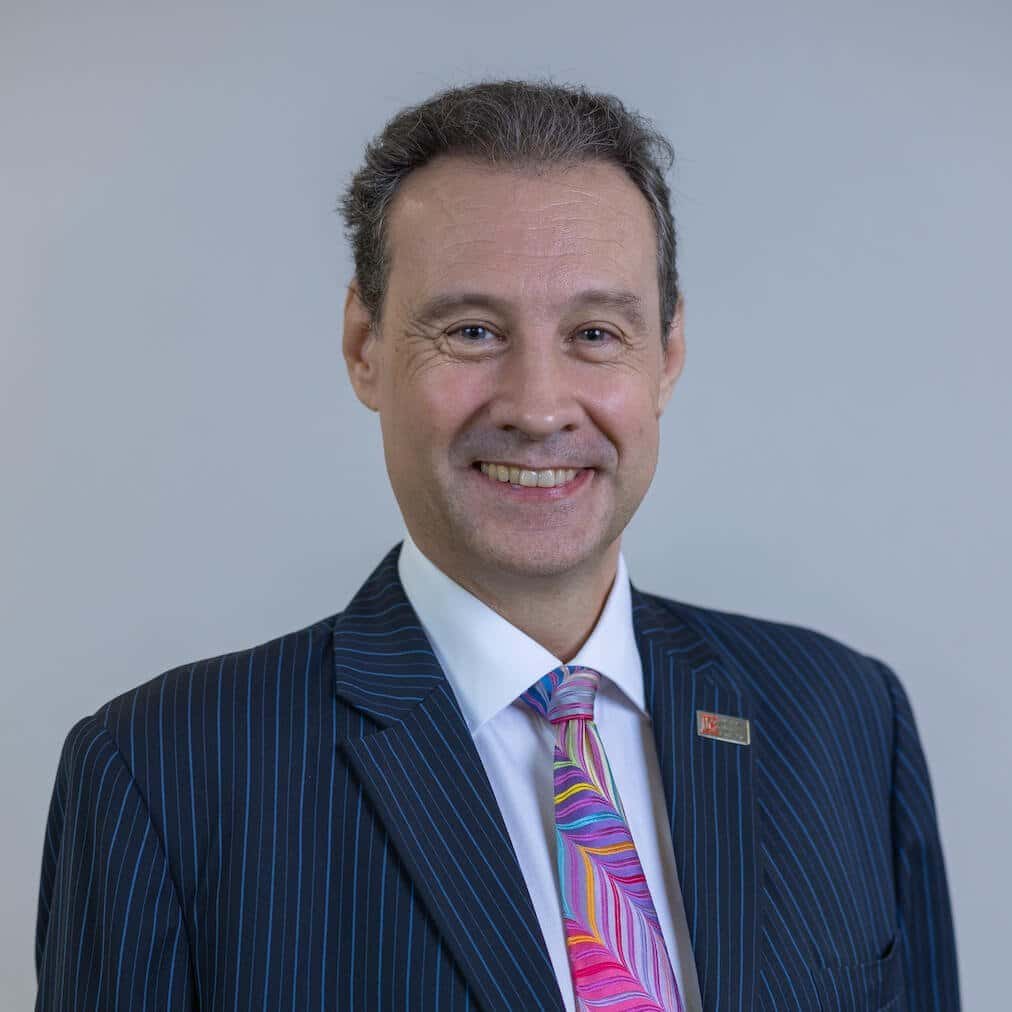
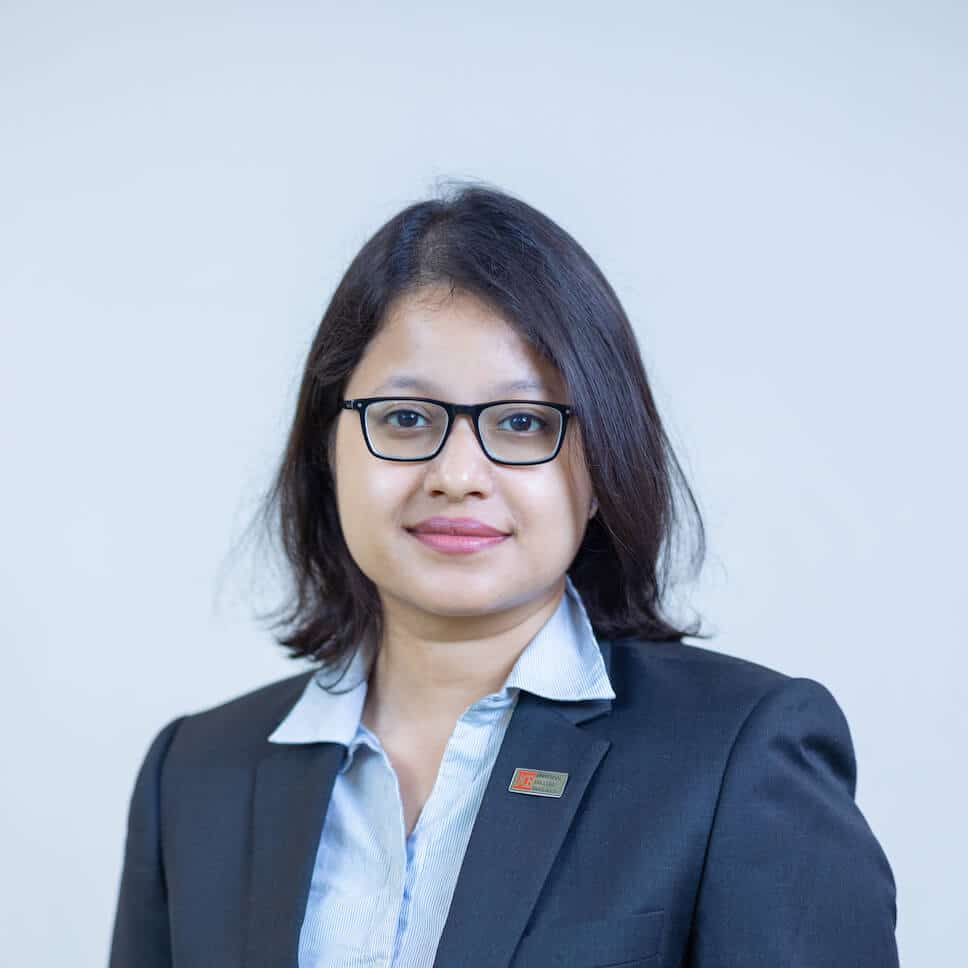
Lecturer
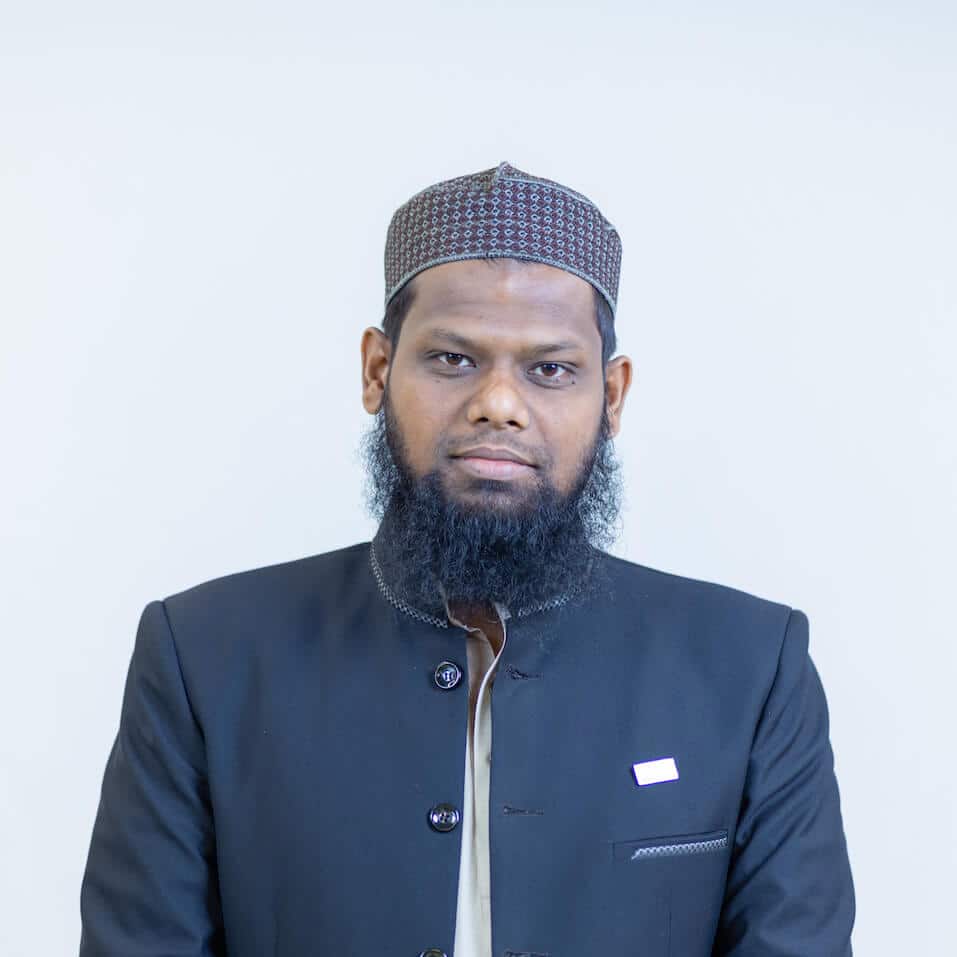
Lecturer
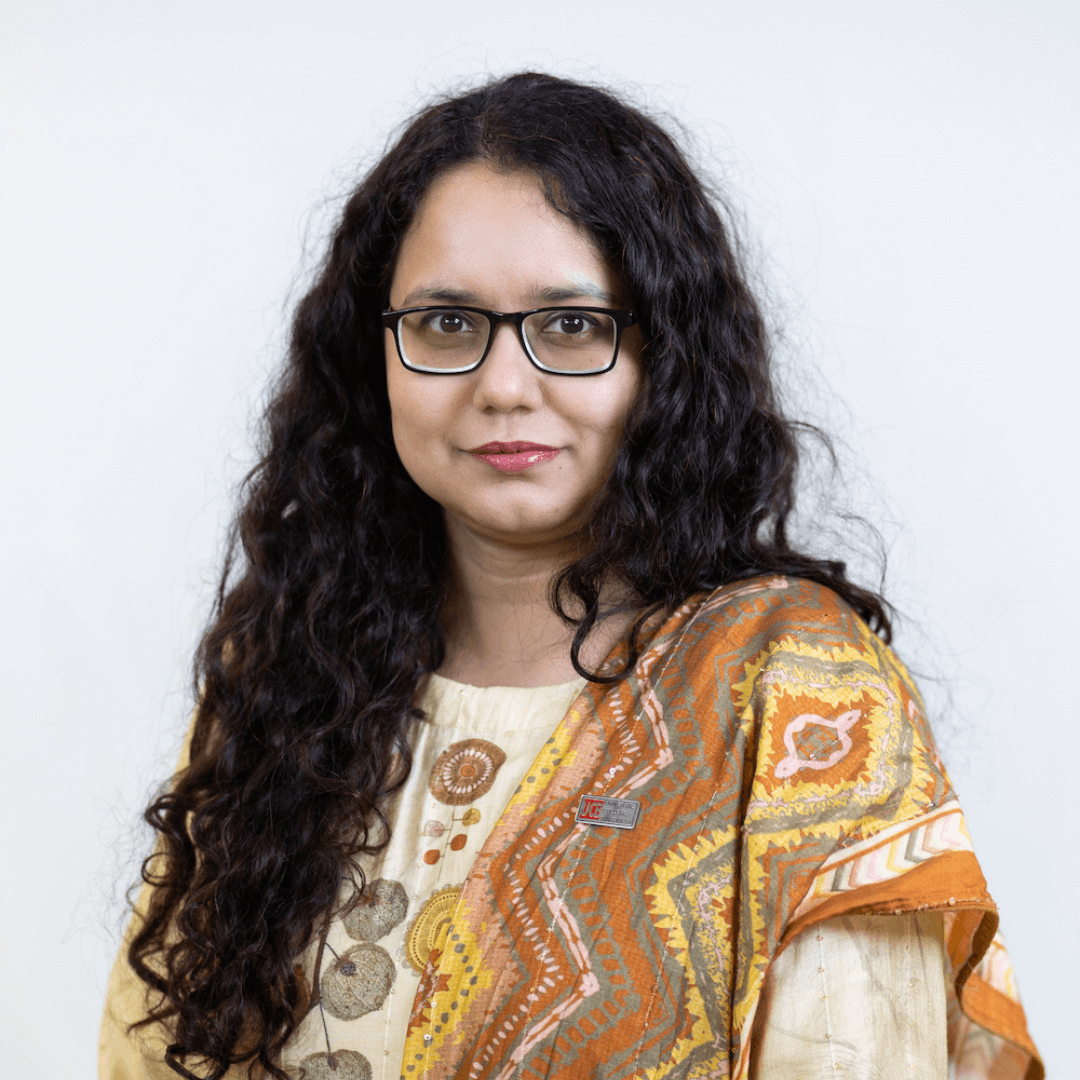
Senior Lecturer
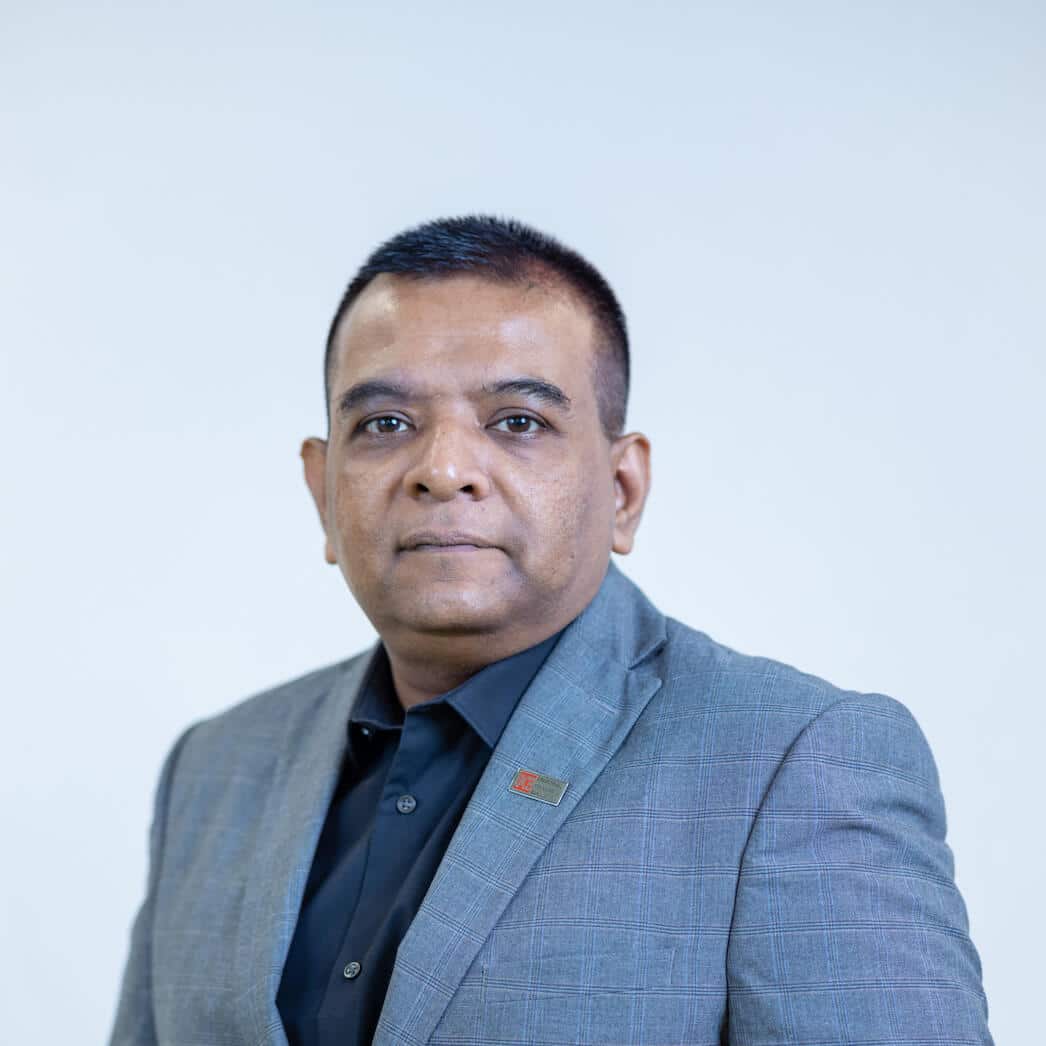
Senior Lecturer
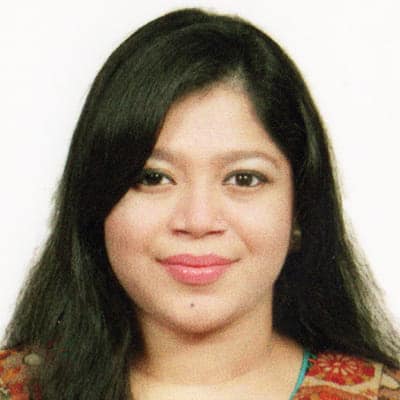
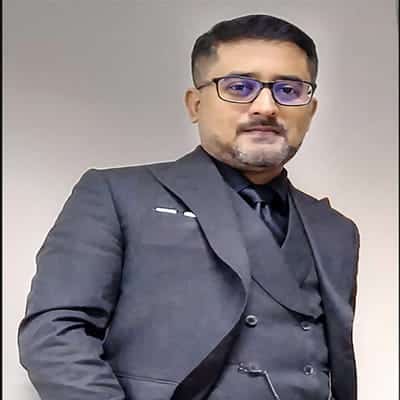
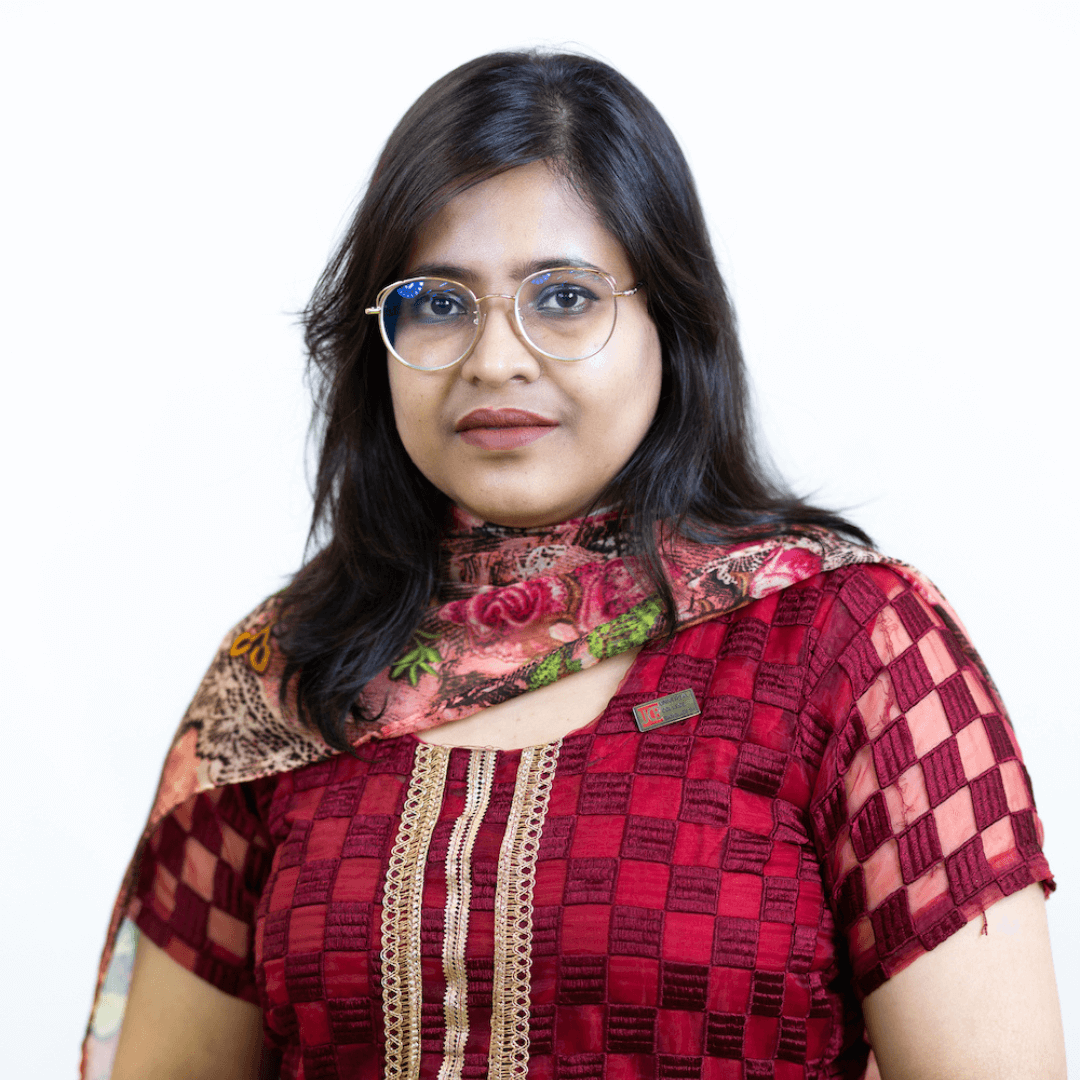
Lecturer
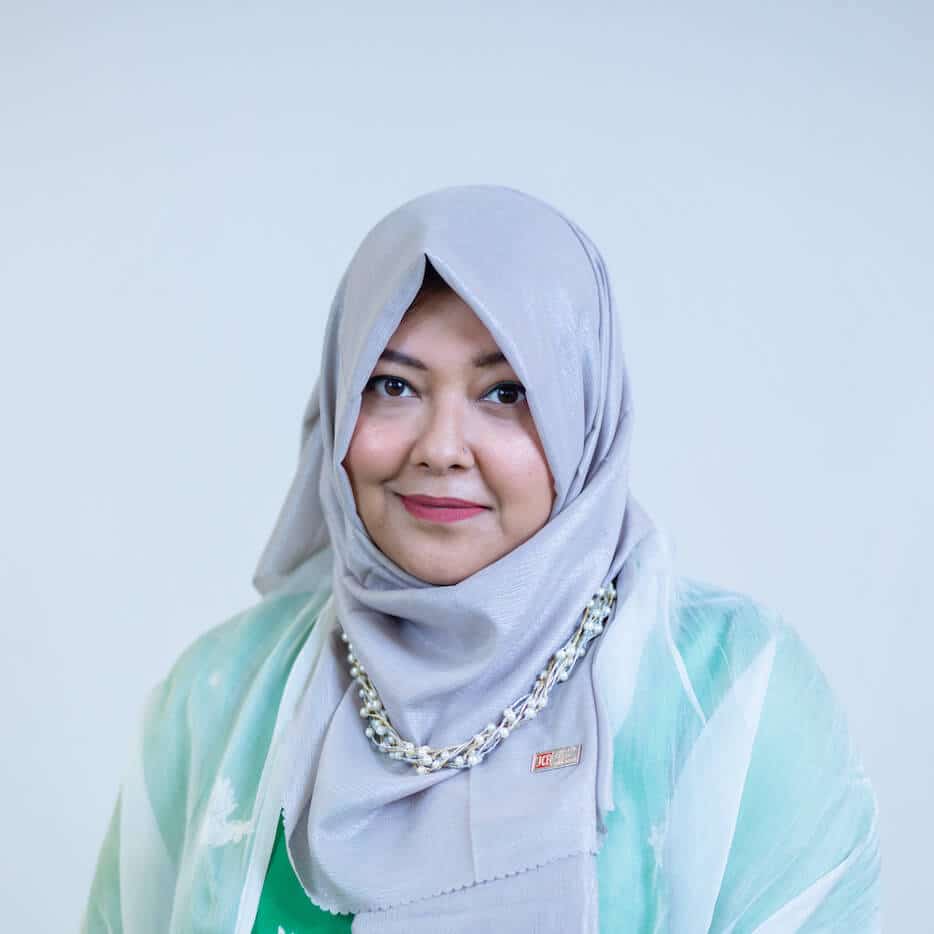
Senior Lecturer

Senior Lecturer
Ms Farin Daula is working as a senior lecturer at UCB. She is a trained education professional from the UK and has a degree in Education and English from University of Surrey, UK. She also holds a Master’s in management from Westminster University, UK. Ms Farin received her teacher training at the department of Continuing Education, University of Oxford, UK. Ms Farin is the founder of the education platform, One Circle. She is a certified mental health first aider and a life coach. She has extensive experience in the life-skills education sector, working in various schools and non-profit organizations in London and Dhaka. She is the author of the Tara and Joy children’s book series. The first book of this series called “Tara and Joy: Body Safety” is available now both in Bengali and English version.
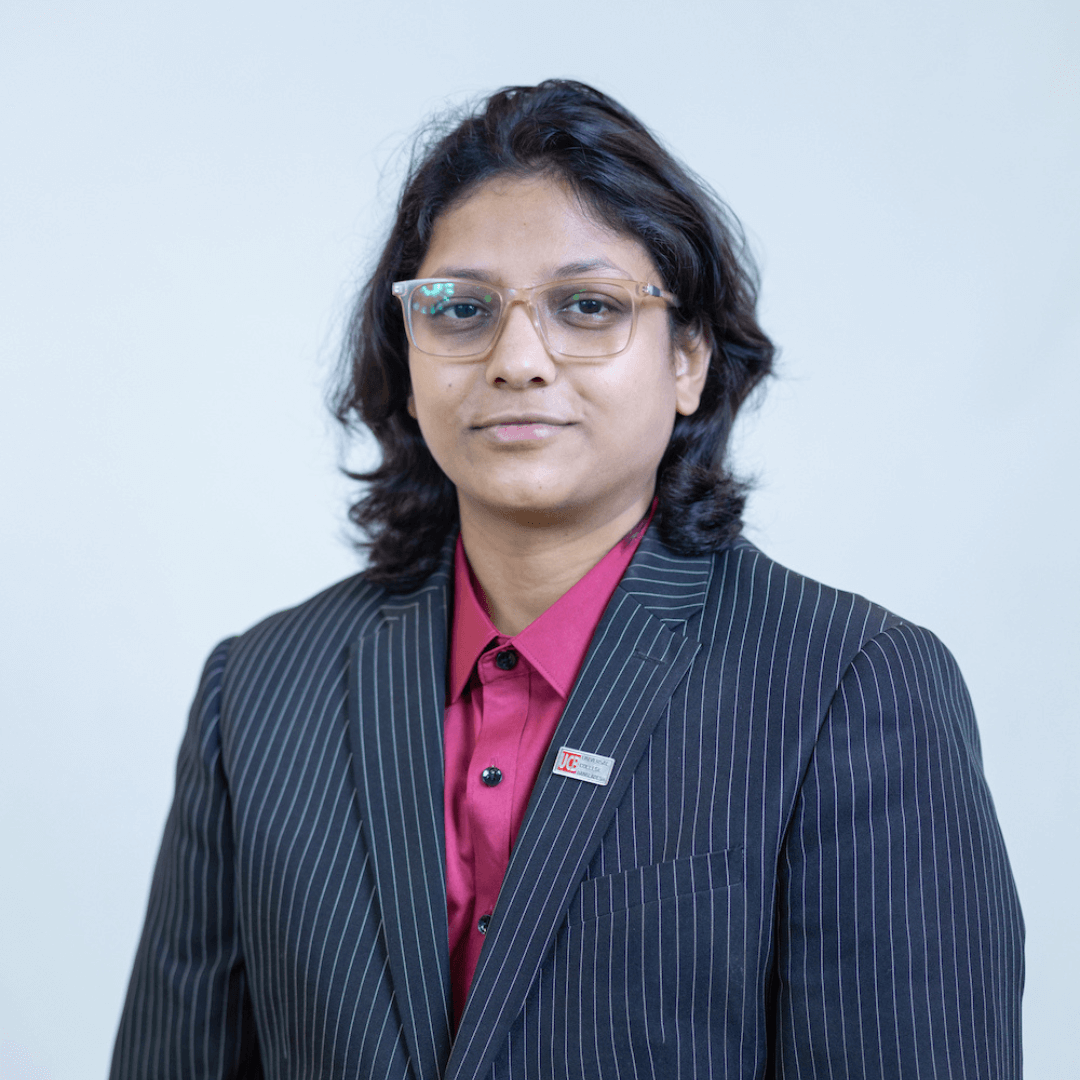
Senior Lecturer
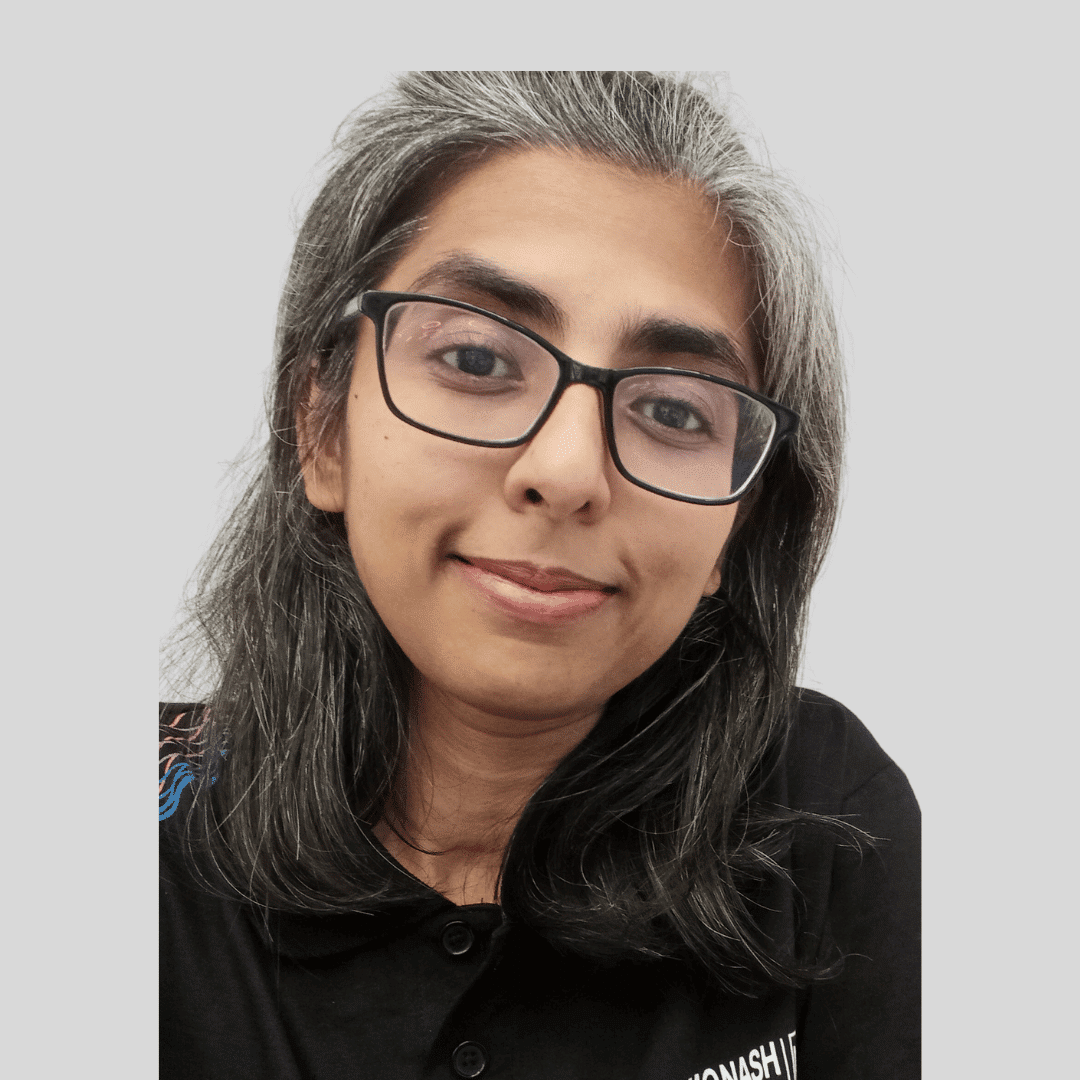
Assistant Professor
Dr. Sadia Afreen is an assistant professor at the Universal College Bangladesh (UCB). She completed BSc in Chemical Engineering from Bangladesh University of Engineering & Technology (BUET). She obtained her PhD from the University of Nottingham and then completed her postdoctoral research at Nanjing University in the field of chemical engineering. Her research expertise is in applied chemistry and nanotechnology. She has significant publications in her areas of research, and she contributed as a journal reviewer to prestigious journals in her fields of expertise. She earned the Postgraduate Student Teachers Certificate during her postgraduate study at the University of Nottingham. She worked in the hall committee, conference committee at the University of Nottingham; teaching and learning subcommittee, and program coordinator in the Monash College MCD program at UCB. She worked in industry and had several engineering and research training at home and abroad.
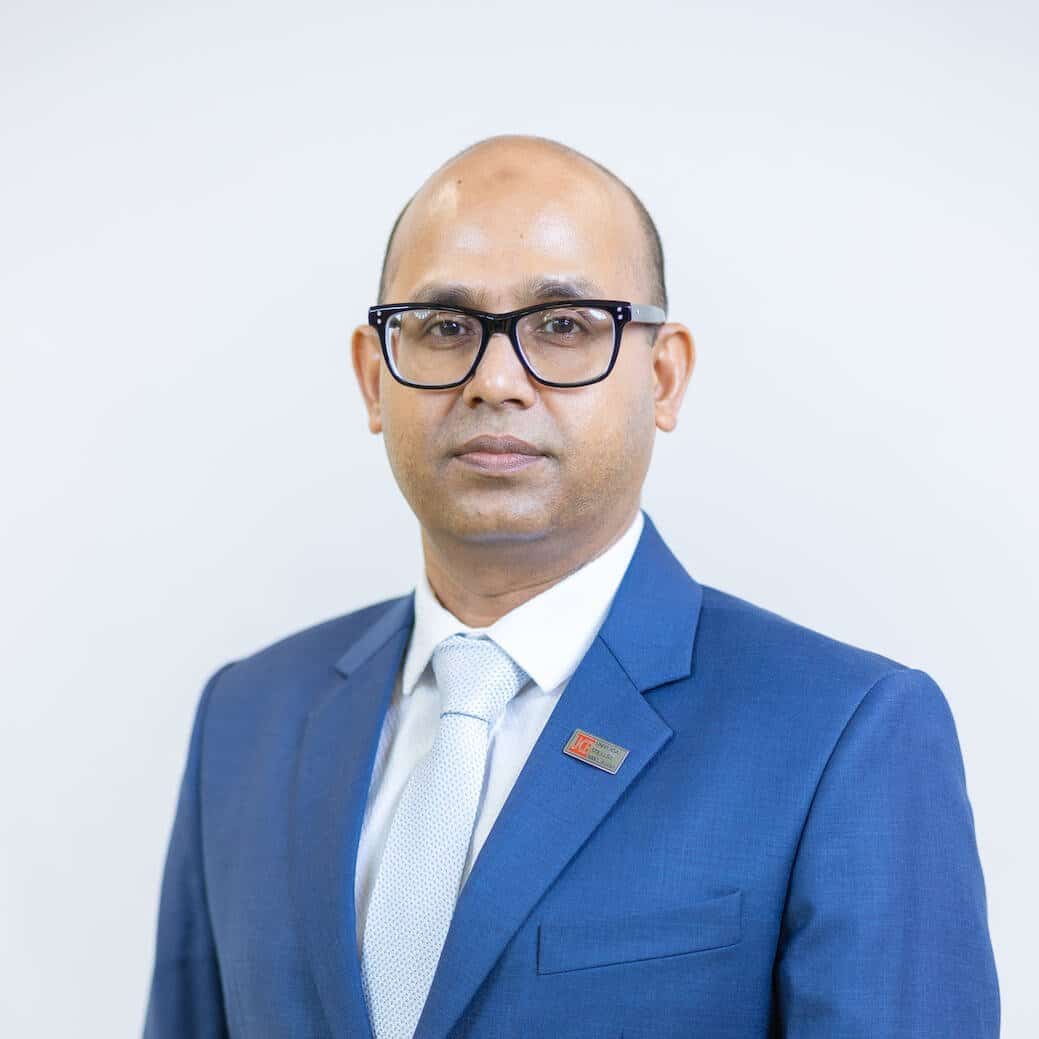
Professor & Dean of Academic Affairs
